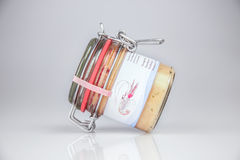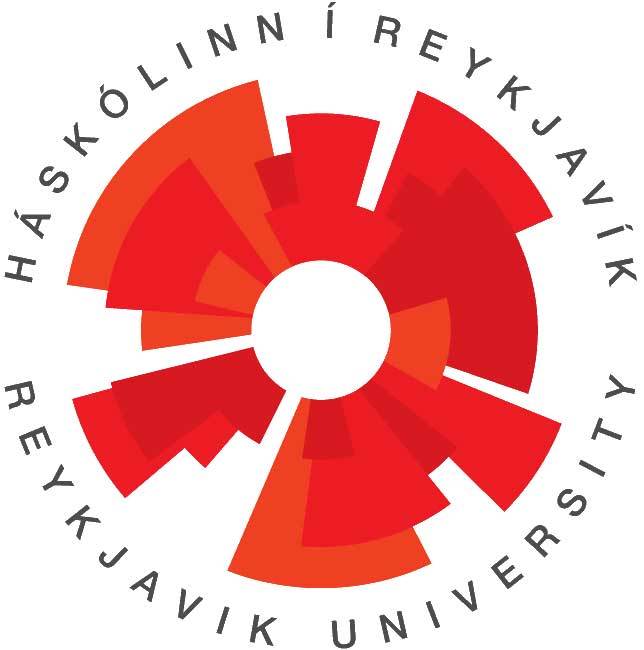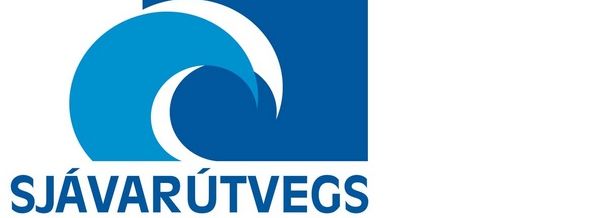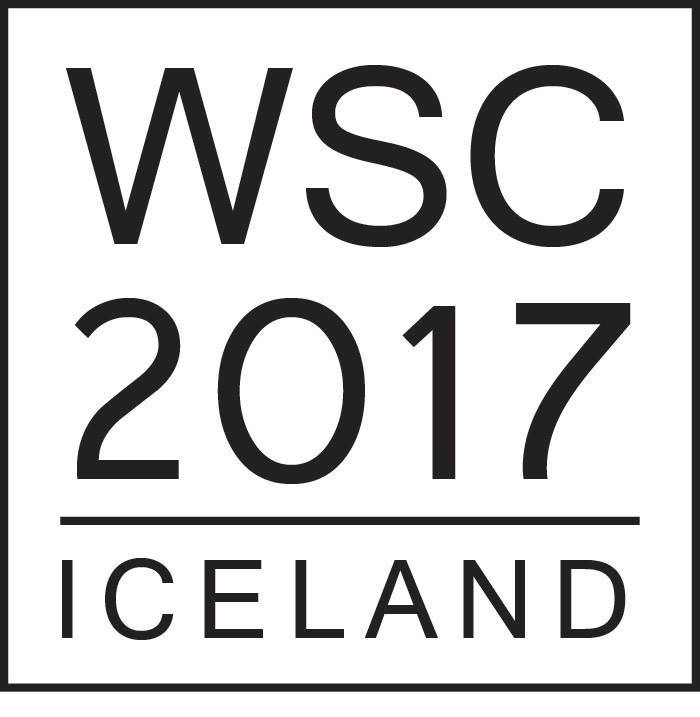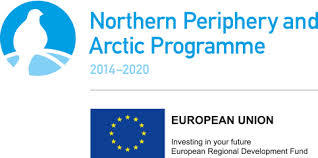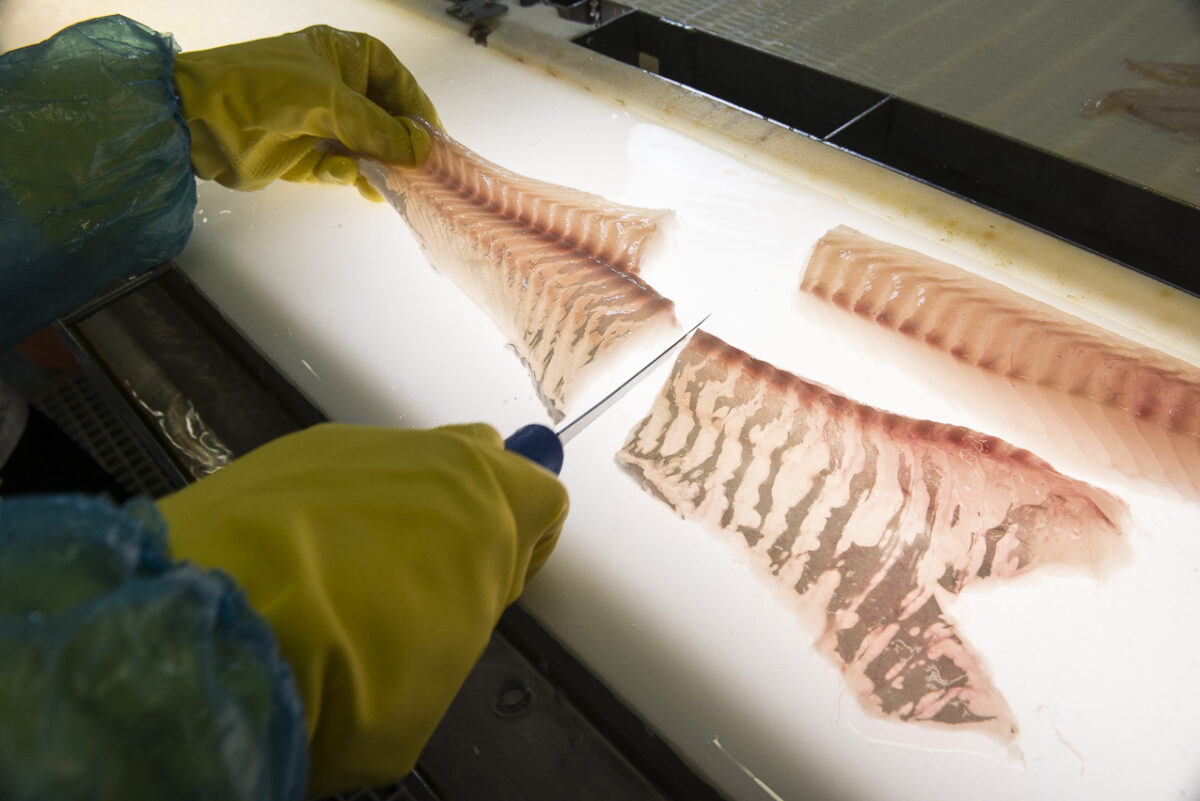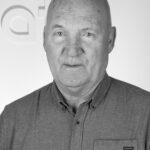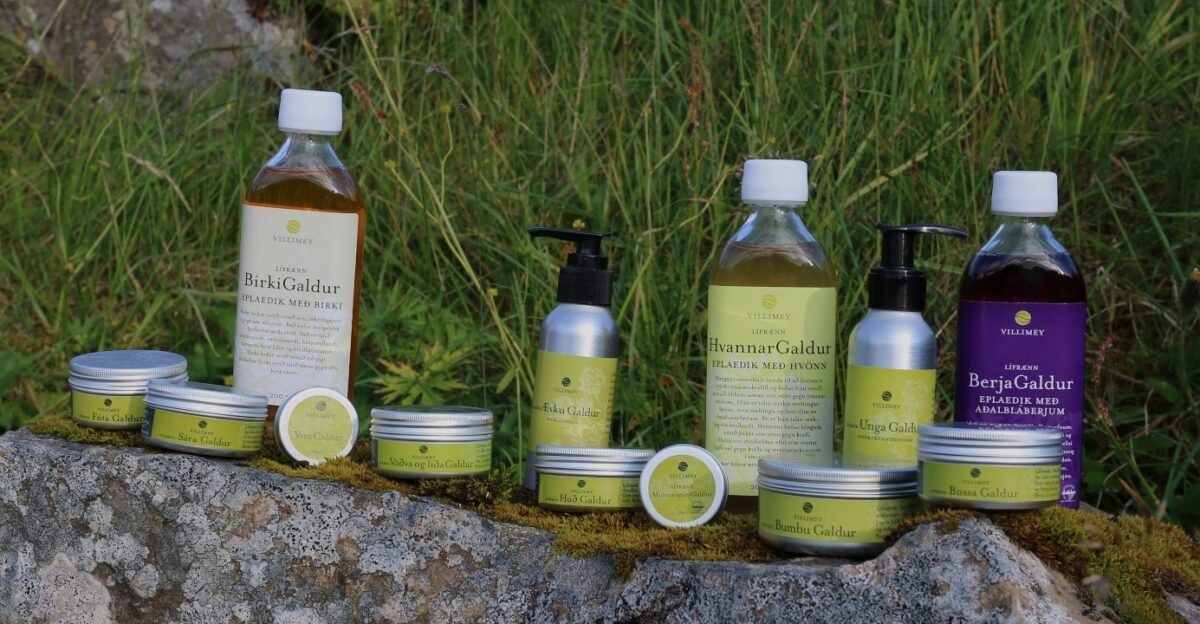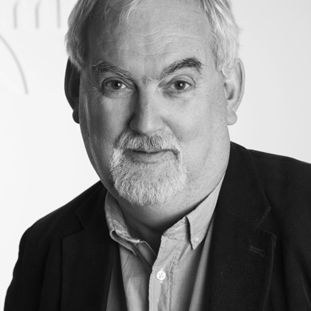Sixteen European countries are competing for the title of Europe's most innovative food in 2015 on 5 and 6 October at the International Food Exhibition in Milan, Feeding the Planet "Energy for Life".
What will be the food of the future? What will be the main trends and trends in food consumption in Europe?
In October, these questions will be answered with the innovation of 85 university students in the Ecotrophelia Europe competition in Milan. Competitors from Austria, Belgium, the United Kingdom, Denmark, France, Greece, the Netherlands, Iceland, Italy, Croatia, Romania, Serbia, Slovenia, Spain, Hungary and Germany will present attractive, tasty and innovative products to a jury composed of representatives from the same countries. The chairman of the jury is Michel COOMANS, former President of the Food Division of the Ministry of Industry of the European Union. The total value of the prize is 15,000 euros.
Iceland represents the product Humarpaté or Paté de Langoustine developed by 7 students from the University of Akureyri and the University of Iceland with support from Matís, the Icelandic Innovation Center and the Confederation of Icelandic Industries.
Studying food innovation increases the competitiveness of companies
Since 2011, the ECOTROPHELIA initiative has organized 75 competitions and mobilized 550 universities and over 3000 students to participate. Forty products, designed within the framework of the European competition, have been developed and placed on the market. ECOTROPHELIA Europe is a study model for universities and students, accredited by the Ministry of Industry of the European Union. The competition combines talent, skills and innovation. It is also a platform for people in teaching, research, production and business to have effective communication.
ECOTROPHELIA Europe is organized by the Chamber of Commerce of the Vaucluse region of France with the support of the food industry associations in France and elsewhere in Europe, including the Confederation of Icelandic Industries. Other sponsors are various public bodies in France and the large companies NESTLÉ World and Campden BRI in the United Kingdom.
PRIZE IN THE ECOTROPHELIA EUROPE COMPETITION will be presented on Tuesday 6 October at the exhibition area of the International Food Exhibition in Milan, Feeding the Planet "Energy for Life".
This article first appeared on the website of the Confederation of Icelandic Industries, www.si.is, where you can get more information.

